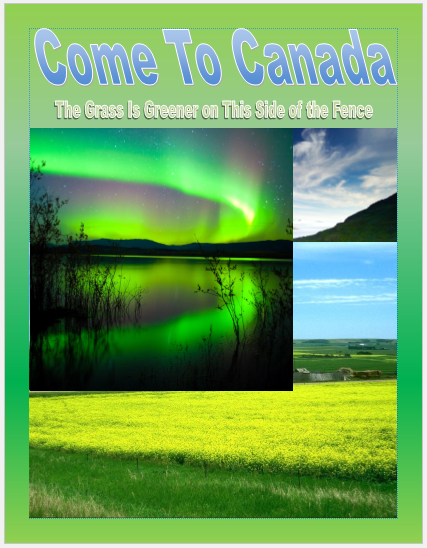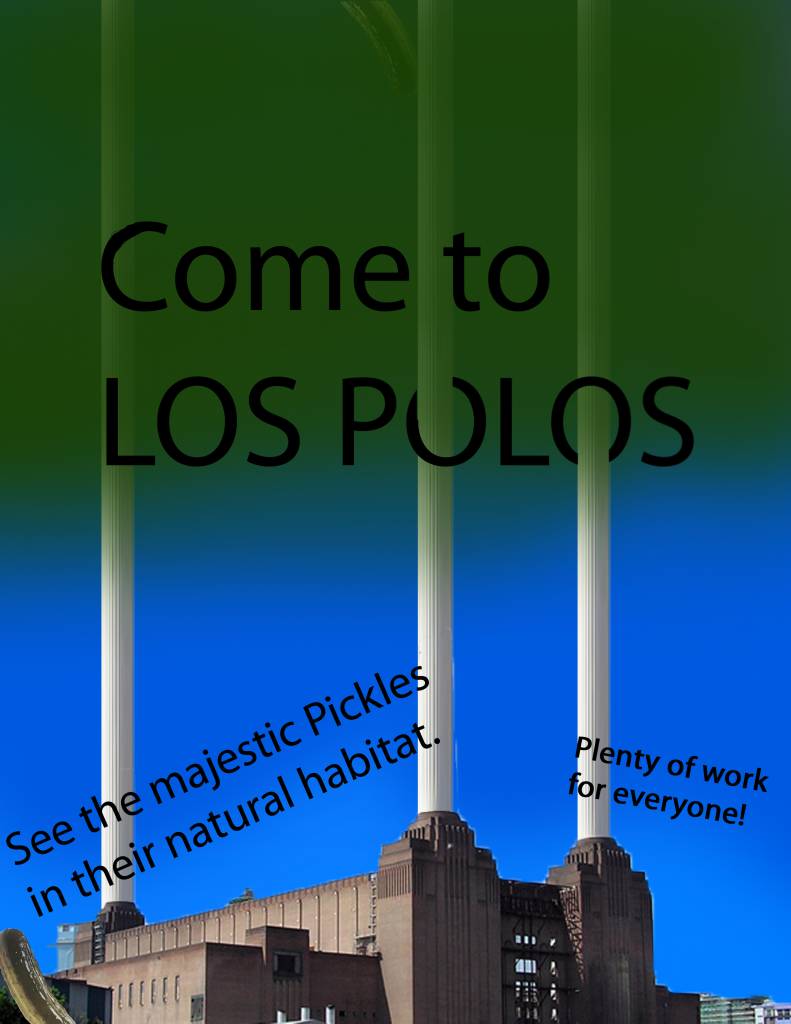Final components due Thursday:
In an individual assignment, write a letter to the monarch as Lord Durham, outlining the main recommendations of the Durham Report and the reasons why these were recommended. (see the prompt questions in the report draft to answer – these are also in the ppt).
In your letter, include Intro, main points, examples (at least 3), CITATIONS, and a QUOTE from Lord Durham.
Here is the original instructions:
This is an individual, summative assignment for Chapter 6. Using the cursory search and sources which you already found on the scavenger hunt, complete the Durham Report with the following components:
In a short cover letter using formal academic language, answer the Queen’s query:
How was the Act of Union of 1840 an attempt to resolve the issues raised by the 1837 and 1838 Rebellions in Lower Canada and Upper Canada?
o Include at least one direct quotation from Lord Durham’s original report which documents his worldview.
You should cover at least three influences leading upto the rebellion, such as (and not limited to): � the Family Compact & Chateau Clique � Patriotes, � Status of political representation in the colony, � 92 resolutions, � Critical appraisal of cultural issues in Canadian identity circa 1839 (British, French, and Aboriginal), colonial economics or other relevant topics.
People Passport (x 7 ppl) – needs CITATIONS, historical significance, and examples for each person.
- Chief Pontiac
- Chief Tecumseh
- What was the role of Chief Tecumseh in the War of 1812?
- Thayendanegea
- William Lyon Mackenzie
- Joeseph Howe
- Louis-Joseph Papineau
- Louis-Hippolyte La Fontaine
SSR LAR used on both components
Durham Report Draft PAR – ppt
The Durham Report – original DRAFT with prompt Qs > new due date Thurs
Lord Durham’s report– exemplar
MAP Component – scratched (don’t need to do this part)
For each person, provide the following information:
1.Why is the person a significant historical figure?
Events, accomplishments, impacts?
2.Citations – provide links to your sources
3.Include a visual – cite your image source
3 pts per person




